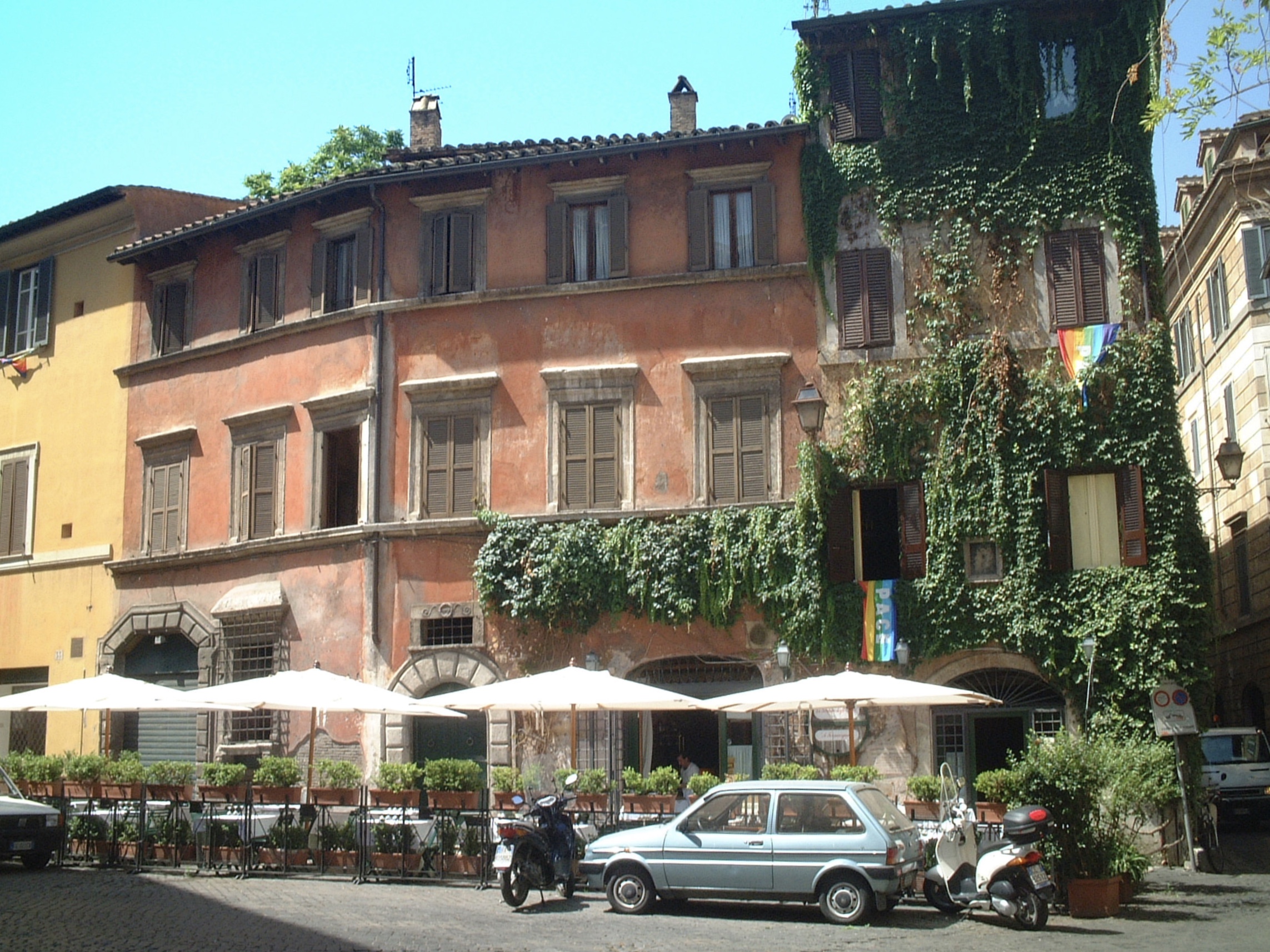The river at Grantchester, a favourite spot for swimming and punting.
I was brought up in and around Cambridge, and studied philosophy at university very much in the logico-analytical tradition. My tutor in logic was Peter Geach, who had been a research student under Wittgenstein and married his fellow research student Elizabeth Anscombe, who was one of their mentor’s literary executors and translated several of his works into English (he always referred to her as "Miss" Anscombe). Geach himself wrote on logic, translated Descartes, and was an expert on a disparate range of philosophers from Gottlob Frege to Thomas Aquinas. He died in 2013, at the age of 97. A more unconventional book for a professor of logic - who was also a convert to the Catholic faith - was the collection of papers God and the Soul (Routledge & Kegan Paul, 1969), which includes chapters on such arcane topics as ‘Reincarnation’ and ‘On Worshipping the Right God’. An example of the clarity and power of his spoken and written style may be seen in a sentence from that book such as: “It is a savage superstition to suppose that a man consists of two pieces, body and soul, which come apart at death; the superstition is not mended but rather aggravated by conceptual confusion, if the soul-piece is supposed to be immaterial.”
He couldn't be bluffed. He taught me to think.
“The floating of other men’s opinions in our brains makes us
not one jot the more knowing, though they happen to be true.”
'Angelino a Tor Margana', a favourite restaurant in Rome in the 1970s (photo digitalised from a print made in 2003).
My intention at that time was to work on a PhD, but instead I went to live in Rome for three years, where I studied art, worked at the university, wrote articles for the local English-language newspaper, and also gave talks and seminars at the British Council. At this time I learned Italian, adding to the French I already knew, and travelled extensively throughout the country - from Palermo to Udine - to visit all the major museums and churches, also working in the summer as a specialised guide in Rome and the most important art galleries in other cities such as Florence and Venice.
From Rome I went to live in Tehran, where I worked as an editor and also taught. Editorial work on such books as a history of seismicity led to travels around the country and I became fascinated by its history and literature. I also travelled extensively in Afghanistan at this time, visiting important historical and cultural sites such as Balkh and Bamiyan. But the turmoil and revolution which brought about the fall of the Shah also eliminated possibilities for me.
The fifteenth century church of San Pietro di Coppito in L'Aquila taken before the 2009 earthquake, with on the left the entrance to the trattoria where I had my first dinner in the city, 'La Lincosta', which remained a favourite place to spend an evening with friends and visitors. Now, alas, destroyed by the earthquake.
The next 20 years or so were spent mainly in Italy. In 1981, I published my first book - although it was not the first one to be written - a short study in Italian of a little-known but interesting fifteenth century sculptor. At that time I lived in the medieval city of L’Aquila, now sadly devastated by the 2009 earthquake, and discovered a still fairly unknown world of castles and remote chapels in the heart of the country. This led to a series of books on occult subjects and Italian culture over the next 20 years, as well as teaching in the universities of L’Aquila and later Bologna.
At the same time I developed business interests and began working in corporate training, and speaking on problems of cultural diversity, mainly for telecoms companies which were then going through the process of internationalisation. This led to consulting about the business use of the Internet at a time - before Amazon and Google were founded - when companies and banks were uncertain how to use this new medium. Telecom engineers had switched me on to Internet before HTML. In the late 90s I became a senior partner in a prestigious Italian consulting company, with offices in Rome and Milan and responsibilities covering the practice concerning Internet and Telecoms. I also became a non-executive director of a London investment company, small but quoted on AIM. At the turn of the century much of my time was devoted to corporate speaking for multinationals, banks and telcos.
This led to a book on the history and the future of Internet published in 2003 in both English and Italian editions (Shift, John Wiley; Internet Nuovo Leviatano, Etas Libri, part of the Rizzoli group). In the same year I moved to Beijing, at first working as the Chief Representative of the consulting company and also for the investment firm, for which in 2006 I set up a Chinese branch company with offices in Beijing and Xi’an. More recently, after travelling widely in China and writing four books about the country, I’ve dedicated much of my time to the new activity of making documentary films. My most recent completed book is Terracotta Warriors: History, Mystery and the Latest Discoveries which was published in London by Weidenfeld & Nicolson in February 2018. Three years ago the new company EB Cultural Enterprises was established in Hong Kong to concentrate on books, documentary films and speaking engagements.
Since June 2018 I have been living in Italy again, this time in Sardinia, working on new Italian projects.




